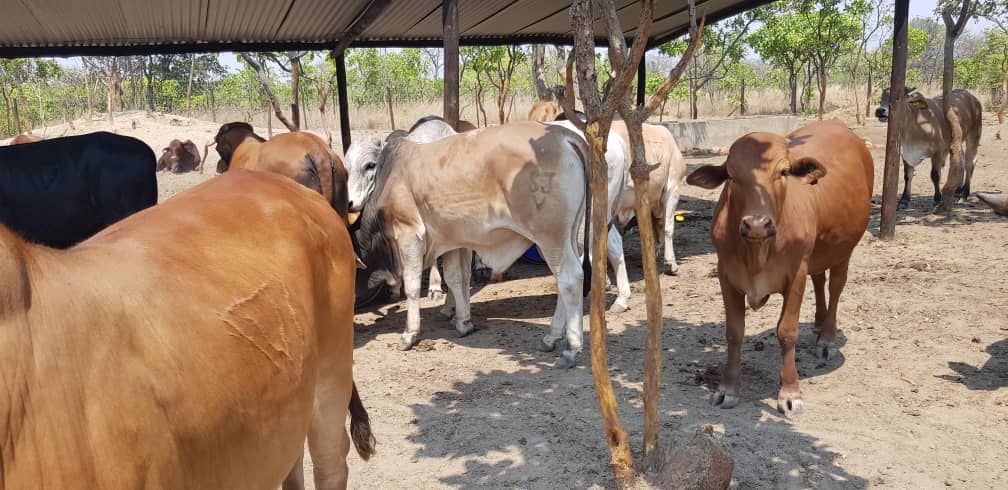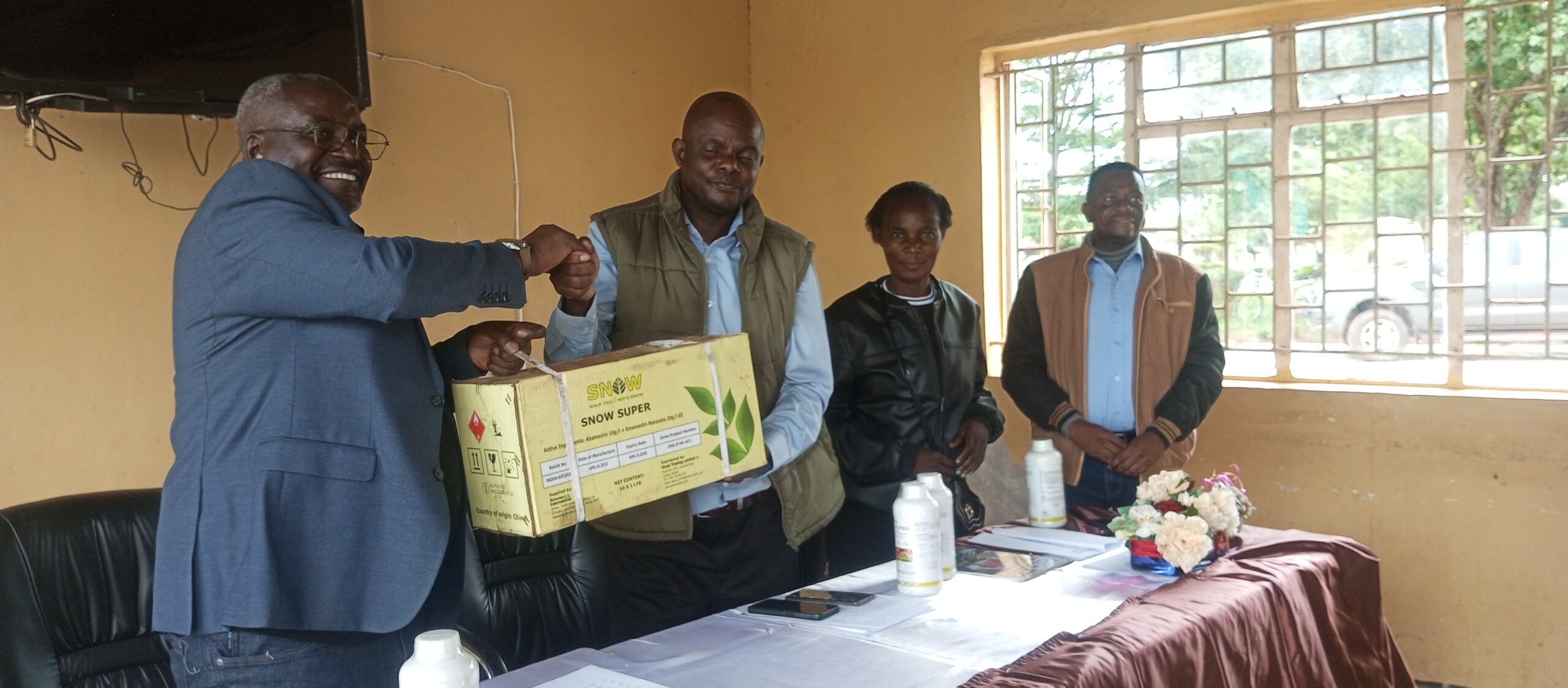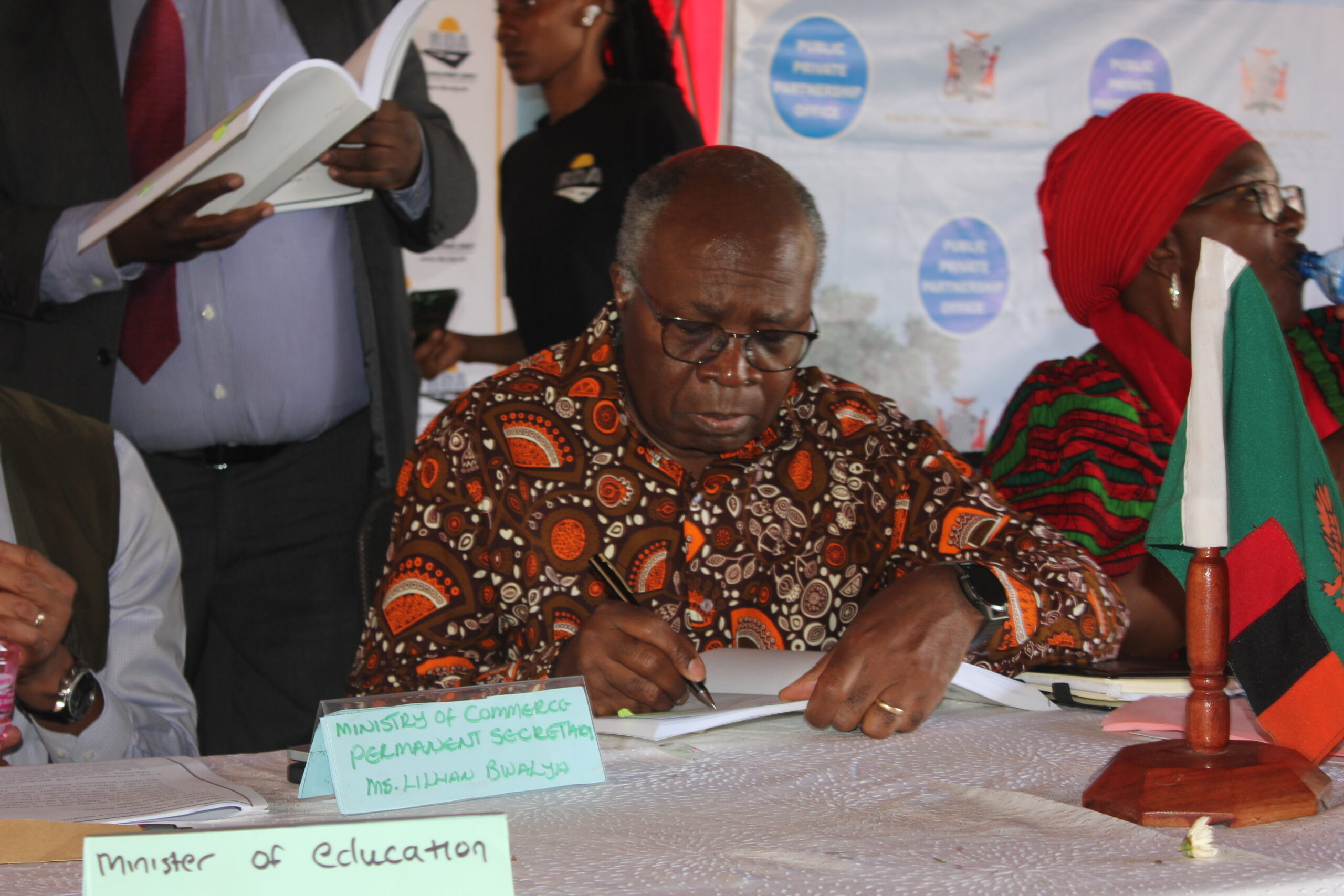FISHERIES and Livestock Minister Makozo Chikote has told Parliament that there has been an upsurge in Contagious Bovine Pleuropneumonia (CBPP) cases in Western North-Western and Central province affecting 19 districts.
Mr. Chikote said reports indicated that a total of 1,466 CBPP cases had been recorded from January this year to date and that 742 cattle had died.
“This puta the entire cattle population of Western Province and other provinces at immediate risk. The spread of the disease has been due to illegal movement of animals from infected areas in a bid to find a market or try to run away from infections,” Mr. Chikote said.
He said this in response to a question for oral answer raised by Kalabon Central Member of Parliament Chinga Miyutu in the House yesterday on whether the Minister was aware of the outbreak of CBPP in Kalabo District.
Mr. Chikote said Kalabo District had recorded 434 CBPP cases and 267 cattle died of the disease between January and June 2022.
He said following the outbreak of CBPP in Kalabo District, the Government had put in place a number of measures, which included removal of all positive animals to avoid the spread of the disease.
Mr. Chikote said 398 infected head of cattle were slaughtered at abattoirs in Mongu and Limulunga.
In response to a follow-up from Bwacha lawmaker Sydney Mushanga on affected areas in Central Province, he said CBPP case had been detected at about 52 farms in Chibombo and Chisamba districts.
He said the Ministry of Fisheries and Livestock had intensified controls in areas affected by CBPP through mobile patrols to curb illegal movement of animals , among other measures.
Mr. Chikote said if one animal was infected then the whole herd was affected, including those that were not showing signs. That was why the ministry was urging livestock farmers who had recorded CBPP among their herds to slaughter the animals.
“The House may wish to not that failure to do this will make the disease be sustained and will continue causing mortalities to cattle in the area and probability of spreading to other districts or indeed provinces is high,” he said.
He said the ministry was urging livestock farmers to take their infected herds to abattoirs near their localities so that they could salvage financial value from the animals.
He said CBPP could not be spread from animals to human beings and mainly affected the lungs, which were removed at the meat inspections.
“My ministry has negotiated with all abattoirs to buy off these carcasses at prevailing market prices that they should be paying the farmers expeditiously,” he said.
He said also that to strengthen service delivery his ministry had been granted Treasury authority upon request to recruit 475 staff, most of them for animal health fisheries and production.








